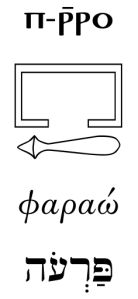
The prominent Egyptian opposition leader Saad Eddin Ibrahim has nicknamed the popular uprising that has taken Egypt by storm the Lotus Revolution (ثورة اللوتس Thaurat el-Lotus). Naming popular revolutions after flowers has been the In Thing since the 2003 revolution that swept Mikheil Saakashvili to power in Georgia was dubbed the Rose Revolution (ვარდების რევოლუცია Vardebis Revolutsia), after his supporters demonstrated against the former president’s opening of parliament while holding roses to declare their peaceful intent. The meme continued with other popular uprisings (most being more-or-less peaceful). Ukraine had its Orange Revolution, which while not a flower (and not the fruit either) is comparable. After the assassination of Rafiq Hariri, Lebanon experienced what is known as its Cedar Revolution (ثورة الأرز Thaurat el-Arz), after the national symbol. Back to flowers, Kyrgyzstan had its Tulip Revolution and Burma its Saffron Revolution (although that was named after the colour of the robes of the Buddhist monks). Briefly back to simple colours, Iran experienced its unsuccessful Green Revolution. Now, 2011 is definitely saying it with flowers, with Tunisia’s Jasmine Revolution (تورة الياسمين Thaurat el-Yasmin) and now Egypt’s Lotus Revolution.



